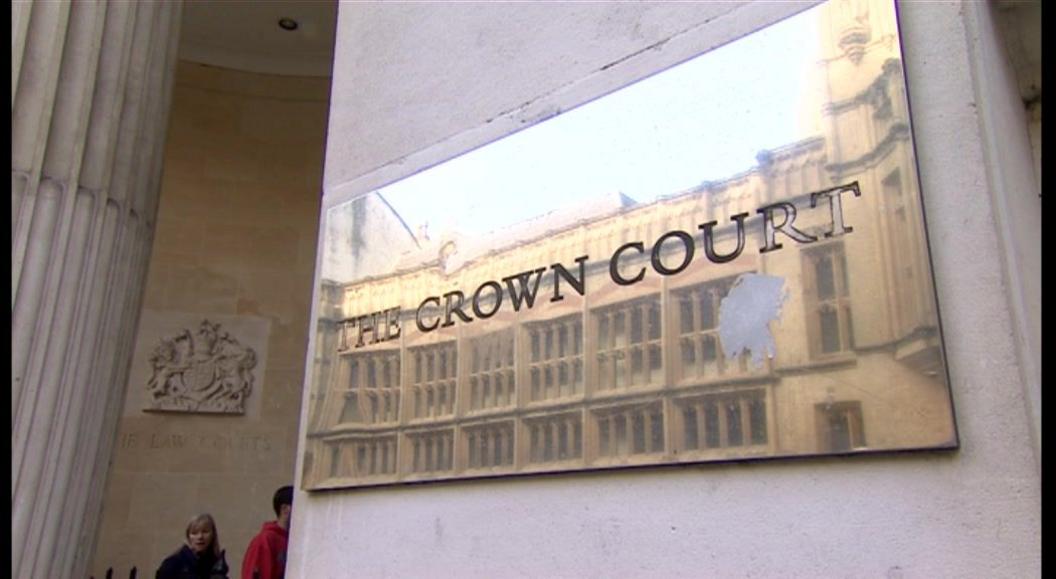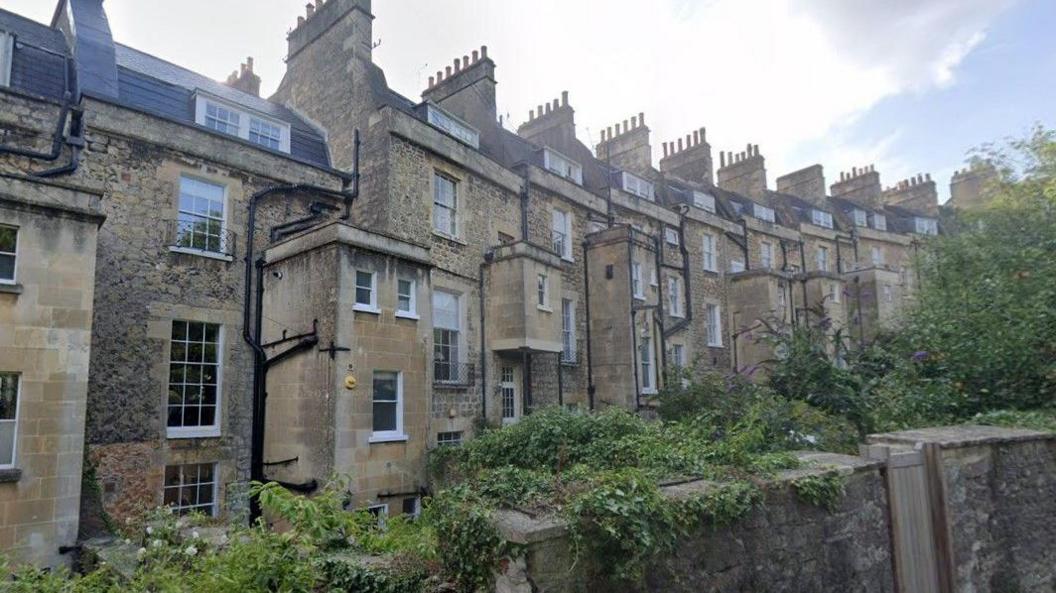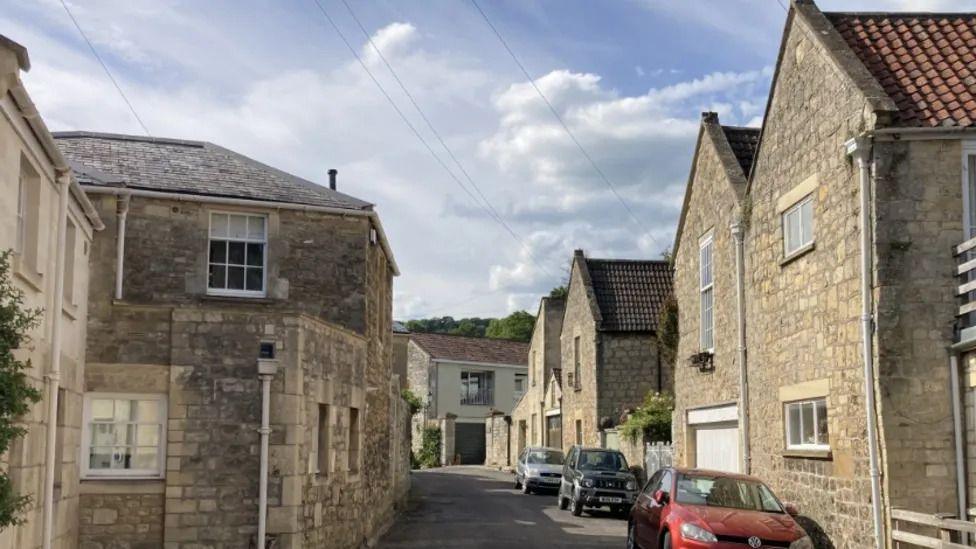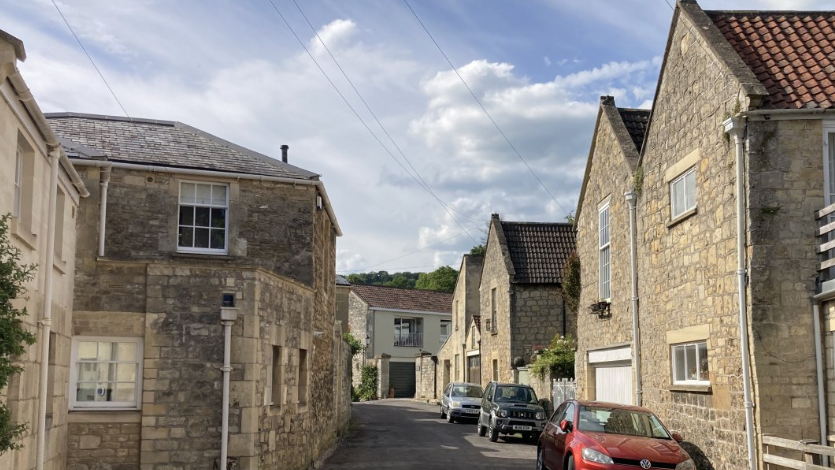Man 'asked for forgiveness' after wife's death

William Haxworth, 88, was deemed unfit to stand trial at Bristol Crown Court
- Published
An elderly man asked for forgiveness and left a note saying "it all became too much" after saying he had killed his wife of more than 60 years, a court has heard.
Jurors at Bristol Crown Court on Monday were told that William Haxworth, 88, had been deemed unfit to stand trial after being charged with murdering his wife Delia.
The jury - who were also told they only had to determine whether Haxworth "did the acts charged against him" – heard how the defendant was spotted by members of the public threatening to jump from scaffolding in the centre of Bath on 18 June 2024.
Andrew Langdon KC, prosecuting, said Haxworth told those trying to help him that he had murdered his wife.
Police went to the defendant's home in Bath's Upper Lansdown Mews where they found Mrs Haxworth, 85, "lifeless" on a bed, Mr Langdon said.
The prosecutor told the jury that a note was found, apparently written by the defendant.
According to Mr Langdon, the note said: "It all became too much. Please forgive me and wonderful Del.
"It all seemed lacking in point. You've all been so wonderful too. So many kind neighbours.
"Forgive. Forgive. Will"

Police found Delia Haxworth's body at the couple's house in Upper Lansdown Mews
The prosecutor said a post-mortem examination later revealed that Mrs Haxworth had been smothered.
Mr Langdon asked the jury to consider the evidence of the pathologist's findings, the circumstances of how Mrs Haxworth was found, the defendant's note, his intention to take his own life by jumping off scaffolding, and his confession to murder to those who came to his aid.
The prosecutor said: "Take all these things together, the prosecution suggest that provides you with the evidence that Mr Haxworth did indeed kill his wife."
'Very ill'
Fire service watch manager Lee Harding, who was called to the centre of Bath by members of the public trying to stop Haxworth from jumping, told the jury how the defendant told him about his "wife of 62 years who I love very much".
He added that Mr Haxworth had said his wife was "very ill" and that he "had to kill her" before himself.
Home office forensic pathologist Amanda Jeffrey told the jury that Mrs Haxworth had been to hospital after falling and hitting her head about three weeks before her death but had been discharged after treatment.
According to her medical notes she was judged to be "generally quite independent" and, while she had a history of bowel cancer, there was "no evidence" it had reoccurred.
Earlier, Judge William Hart explained to the jury that their role was different to a jury in a conventional trial, as Haxworth was unfit.
The judge told the jurors that they had to decide "whether the defendant did the acts charged against him" and did not have to determine whether he was guilty or not guilty.
Judge Hart said this meant deciding "whether or not he unlawfully killed his wife Delia Haxworth" but said: "Whether he intended to kill her or do her really serious harm does not have to be proved."
He explained to the jury that the defendant would not be present in court for the trial, which is expected to finish on Tuesday.
Get in touch
Tell us which stories we should cover in Bristol
Follow BBC Bristol on Facebook, external, X, external and Instagram, external. Send your story ideas to us on email or via WhatsApp on 0800 313 4630.
- Published21 June 2024

- Published20 June 2024
